The challenge of defining creativity
We hear the term creativity everywhere these days: in the arts, in business, in technology, in science. Creativity can be found in the recording studio or on the screen, as well as in a laboratory or conference room. It can manifest after hours typing away or in a flash scribbled on a cocktail napkin.
Creativity is a force that defies explanation but we try to explain it anyway.
Merriam Webster defines it as “the ability to create” with create meaning, “to bring into existence.”
Oxford Languages defines creativity as “the use of the imagination or original ideas, especially in the production of an artistic work”—and this is where many of us slip up. Creativity, while commonly associated with the arts, permeates all fields and nearly every aspect of our lives—if we’re open to it, that is.
In his book, Human Motivation, Dr. Robert E. Franken describes creativity as “the tendency to generate or recognize ideas, alternatives, or possibilities that may be useful in solving problems, communicating with others, and entertaining ourselves and others.”
This definition is probably the most comprehensive definition that I’ve seen so far, but still, what is creativity exactly? And how do we activate it?
The undefinable elements of creativity
Companies want “creative” people working in their organizations but creativity and the creative process itself is a bit mystical. There is very limited research on the subject and while science does its best to define how creativity happens, I find most of the explanations to be too limited to our own understanding.
Science itself, after all, is constantly evolving the more we learn. For centuries, it supported the belief that the Earth was the center of the universe until Copernicus declared the Sun as the center of our solar system. This discovery led to a major paradigm shift and the world (eventually) accepted a new reality.
In the same way, I believe there is so much more to the creative process than just a series of biological processes happening in our brains. Science is certainly one lens through which we can view creativity, but it’s certainly not the only lens. And do we actually think our ability to create begins and ends with us? Our very existence is the result of someone else’s creative process. There is so much about creativity that we do not understand, and as a result, do not control.
Creativity and the importance of faith
I believe that to really tap into our creativity, there has to be an element of suspending “belief” and our need to explain away everything—something most scientific interpretations don’t take into account. A certain degree of faith has to come into play and we must be comfortable with the unknown, the mystical, that which can’t be explained.
For me, creativity is akin to wandering down an unknown trail in the dark, to a place you’ve never been before. You have a vague sense of your destination, but all you can do is put one foot in front of the other. You could get lost. You could encounter a creature in the night. But despite being blanketed by the unknown, you must be brave and trust you’ll get to where you’re going. You need to have faith in what cannot be seen in the physical.
Creativity and choice
I also believe creativity can be broken down to choice: the choice to move forward or stand still, to say yes or say no, to be open or be closed, to trust or to fear.
Out of all the living beings on earth, humans are the only ones with the ability to choose of our own volition and as a result, make the choice to create something from nothing.
Sure, birds may sing and build beautiful nests—but their purpose is driven by survival. We may have seen elephants paint pictures of trees somewhere on the internet, but it was under the influence of their guides and not due to their own artistic choices. Creativity is rooted in our ability to choose, and our creative process begins with the very choice to undertake that process, or not to.
And what happens when we choose to say “no” to creativity throughout our lives? This is a question I find myself asking a lot. Could suppressing our creative nature lead to illnesses of the body, mind, and spirit?
Making creativity accessible to all
So many of us believe myths that only a select few are “born creative” but I believe we are all born creative.
For various reasons, both explainable and unexplainable, some of us just happen to develop this precious ability more than others. And life can be so busy in this chaotic world of ours that musing on a subject as mysterious and arcane as creativity is thought by many to be a luxury.
Through my writing, coaching, and recently launched podcast, I’m hoping to change this. Creativity shouldn’t be a nice-to-have, I believe it’s as crucial to our well-being as a balanced diet and exercise. There is so much to explore when it comes to creativity, and like you, I am learning more and more about it with every interview, with every blog post, and with every creation I make—no matter how big or small.
I am but one person with some wild ideas and I have no idea where this journey will take me, but I feel called to it. If I can inspire a few of you to go out there and make something you’re proud of, that would be the ultimate success for me.
We may never be able to perfectly define creativity, but in the very least we can learn enough about it to enrich our own lives in ways that most resonate with us.
So how would you define creativity? There are no right or wrong answers here. Speak your truth in the comments below and, who knows, I might just include it in a podcast episode. :)
.
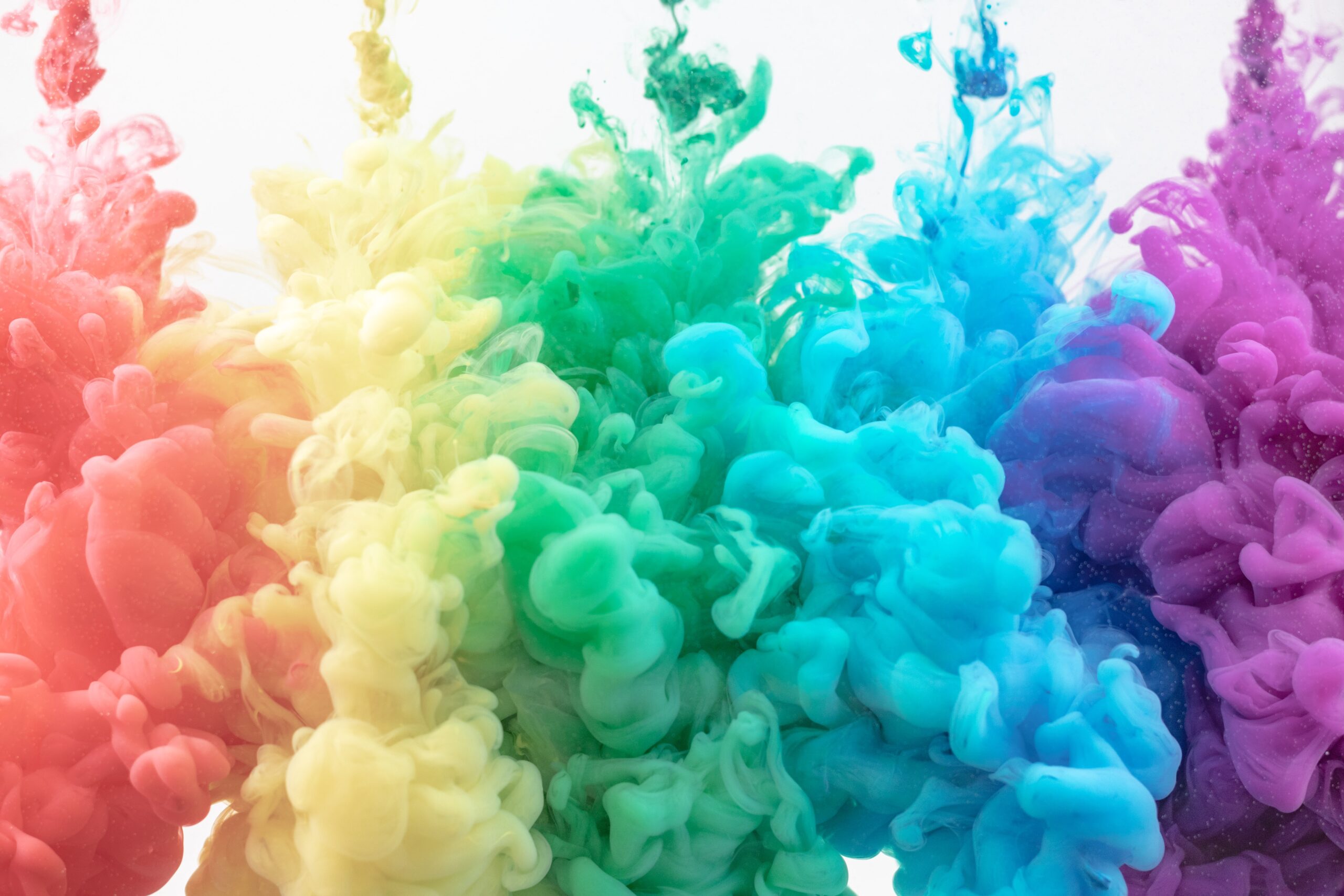
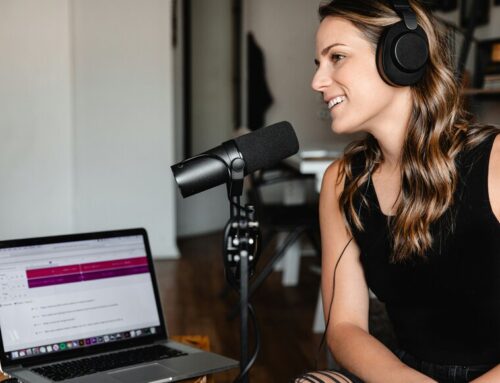
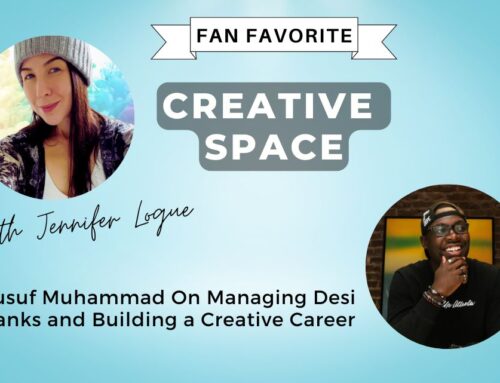
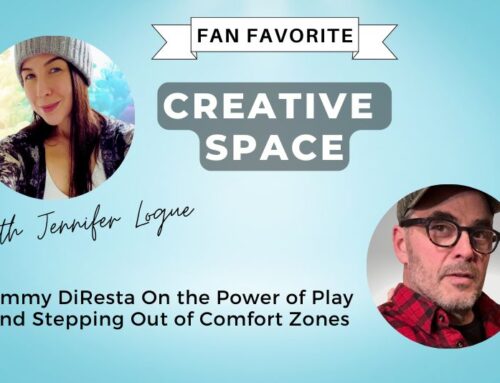
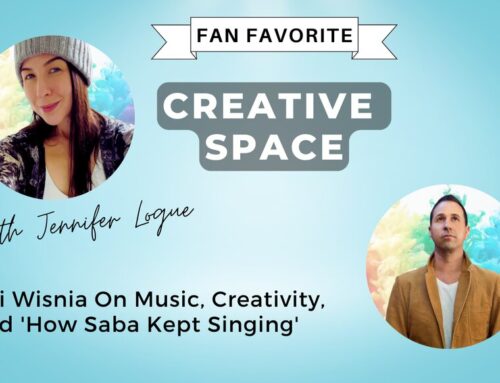
Leave A Comment